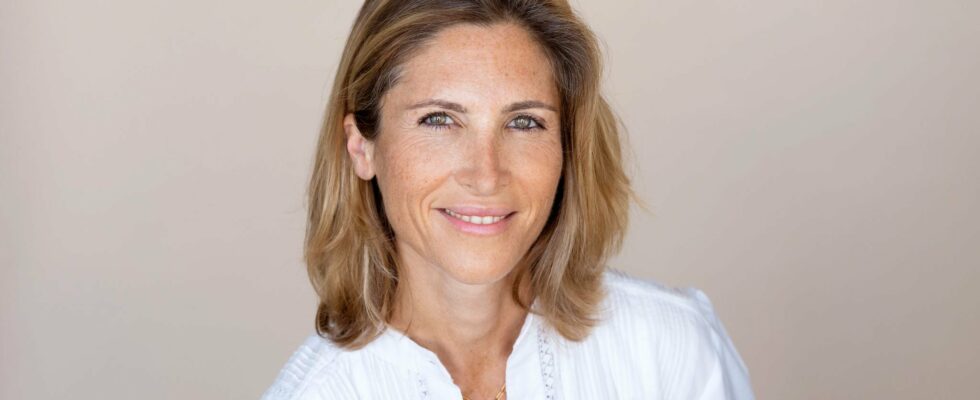The causes of employee malaise are often cited as the lack of meaning, contradictory injunctions, and toxic management, but the absence of freedom of mind seems to me to be one of the significant causes. By lack of freedom of mind, I mean a form of conformism that is both moral and intellectual. Out of fear, mimicry, convenience, and a desire to please, the most dissenting voices repress themselves in the face of the disastrous coaching-consulting-activist congregations that impose a terrorizing moralization of thought under the benevolence of their right-thinking speeches. This ostentation of right-thinking has become hegemonic in the professional world. It surrounds everyone’s thoughts to the point of slowly extinguishing them. Although it may seem good and moral, right-thinking is nevertheless the complete opposite of moral reflection and the worst thing for thought.
First, it reduces reflection to a Manichaeism, to a gigantomachy of opposing points of view. For or against parity, for or against inclusion, for or against diversity… So many questions that lose interest and intelligence as soon as they are turned into militant battles. It is forgetting that there is not the camp of good on one side and the camp of evil on the other, but that all moral reflection seeks to detect the evil in the good and the vices hidden behind apparent virtue. Reflection presupposes an overcoming of oppositions in a dialectical movement that reconciles oppositions by overcoming them. It prefers the fluidity of ideas to rigid dogmas.
Second, political correctness smothers thought under the majority opinion. The mind bows to it as if it were something stronger than its own assertion. Conformity with this or that established opinion prevails over the audacity of a point of view. The value of an idea is no longer so much linked to its relevance as to its conformity to the credo of the moment. Because conformity is eminently comfortable. How reassuring it is to feel within the lines of commonly accepted ideas, on the right side of the majority opinion! Now, to think is to seek not to be comforted, but to be disturbed in one’s certainties, thwarted in one’s convictions, and baffled in one’s evidence.
The weapon of the weak who want to be strong
Third, political correctness is an identification rather than a reflection. To identify oneself is to prefer a normative posture to the spontaneous movement of one’s own reflection, because it is easier to take refuge behind a role already written by society than to summon the courage of one’s mind to venture into free speech. But the more one relates, the less one thinks for oneself. Strong thought is never a reverence. Rediscovering the promises of a thought requires one to free oneself from all identification.
Moreover, political correctness is a stratagem in the art of evading reality. The use of conventional formulas, lukewarm phrases flavored with the clichés of the moment are all screens placed in front of the novelty and variety of things. The arsenal of ready-made expressions immunizes against the multiple nuances of the existing. Hannah Arendt describes as “dark times” those moments when the dominant discourse veils reality with moral exhortations and reconstructs it with its moralizing fictions that it imposes as real. If political correctness gives a version of the world, moral reflection says what is as it is.
Finally and above all, political correctness is the weapon of the weak who want to be strong. Worse, the screen of the vicious who think they are virtuous. How many gatekeepers of good, from Gérard Miller to Abbé Pierre, have turned out to be real scoundrels? How many moralizers have become social disgraces?
Moral (if I may say so!) of the story: let us fight political correctness in order to think better. Conformity, puritanism, identification and the concealment of reality are some of these characteristics that free and strong thought cannot ratify. It is through this resistance that moralization will not replace moral reflection and that intelligence will triumph over suffocating political correctness!
Julia de Funès has a doctorate in philosophy.
.
